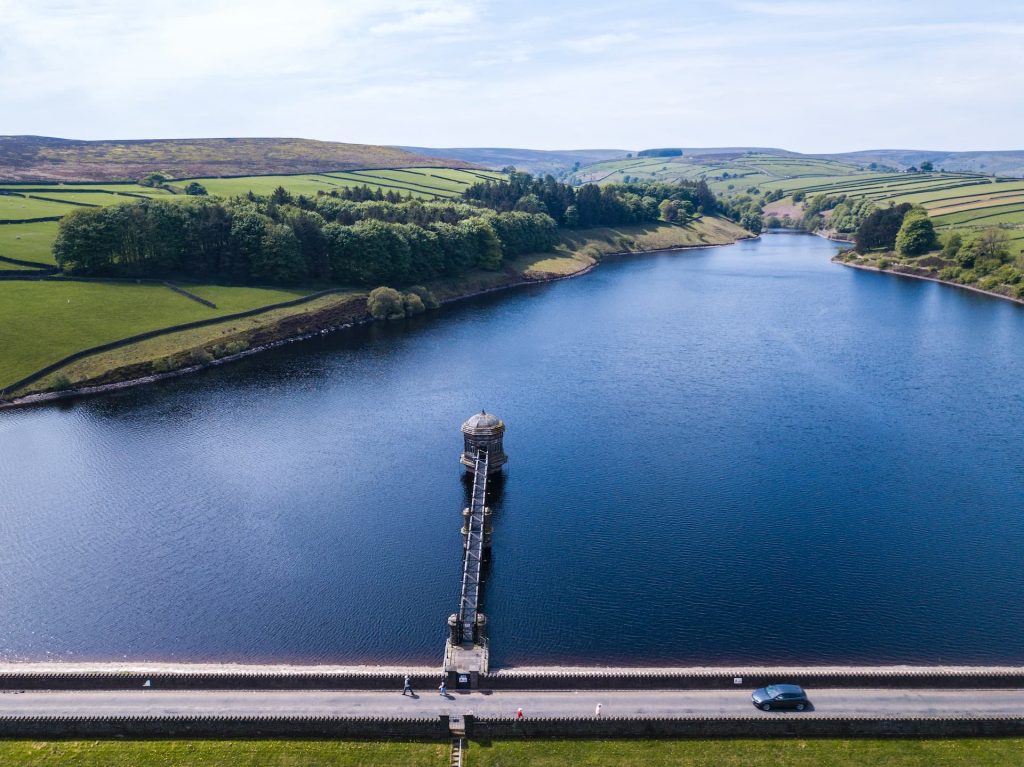For any commercial company, the ability to offer a better product or service at a lower price can only be made possible by finding a way to create something superior to anything competitors can do. That can only be done with an investment of finance, time, brains or a combination of these things. Favourable planning law helps too.
This is certainly true for commercial water suppliers. While the basic stuff is abundant in a country like ours, managing it, purifying it to a high level of quality and tackling waste is another matter. So too are matters like efficient use and storage, low leakage rates and providing value for money with swift action to tackle any problems that arise.
A key question many will ask, especially in England and Wales, is whether the commercial water supply industry will be given the help it needs to make advances in these areas in the next few years, enabling it to not only become as mature a market sector as is the case in Scotland, but to genuinely provide better options than currently exist south of the border.
Chancellor Announces Planning Reforms
Some hints at an answer may lie in the statements of intent by the new government. The Labour manifesto had hinted at water supply developments being among the issues it wanted to tackle when outlining its plans for the development of infrastructure, noting that no new reservoirs have been built in the last 30 years.
We have noted previously that this statement about reservoirs is true, but comes with the caveat that some, like the Havant Thicket reservoir, are already on the way. But the fact this was mentioned at all indicates that this will be one of the areas of concern, alongside other things like roads and railways.
Now that the election is done and the new government is in power, it has been keen to get on with the job of setting out its plans. Thus, on her first Monday in office, chancellor of the Exchequer Rachel Reeves unveiled planning reforms to “get Britain building again”.
She declared: “I am taking immediate action to deliver this Labour government’s mission to kickstart economic growth.”
Not Just Homes And Windfarms
Not surprisingly, the element that will get the most attention is the desire to increase the number of homes being built, with plans to “create a new task force to accelerate stalled housing sites in our country” and, controversially, review the designation of the greenbelt to potentially remove this status from some land.
Although this may be a top priority and ending the moratorium on onshore wind is another potentially contentious headline-grabber, new planning laws aimed at making it easier to accelerate projects will surely benefit water projects too. That means whether it is a reservoir, a pipeline or a new waterworks, progress can be swifter.
Furthermore, it is evident that new development requires plenty of waterworks. This is most obviously true for residential construction, as new homes will need connecting to the mains and to local sewerage systems, which in some cases will need a major overhaul if projects are large enough.
However, economic growth cannot be delivered by building new houses and wind turbines alone; for areas to be attractive to live in, they need to be close to employment and while some may be commuter towns in areas no longer classed as greenbelt, others may find many local sources of work, often in industrial plants that require plenty of water.
CECA Outlines Hopes For New Projects
The announcement by Ms Reeves comes after the Civil Engineering Contractors Association (CECA) made a pre-election call for the new government – of whatever political complexion – to come up with a clear infrastructure plan in its first 100 days.
Once it knew who the new government was going to be, it reiterated the call. CECA director of operations Marie-Claude Hemming said the organisation is “heartened” that the Labour Party has “recognised the UK’s civil engineering industry as a cornerstone of its vision for delivering growth for the benefit of businesses and communities across the UK”.
Of course, only time will tell what the details of the strategy are in terms of new legislation, although the government’s large majority should ensure it has little trouble pushing through plans that might prove controversial for those living close to the green belt, an issue that previous electoral geography made difficult for the Conservatives to tackle in the same way.
If building houses is the top priority, it is clearly not the only one and with the engineering sector apparently champing at the bit, it could be that water companies keen to improve their infrastructure and provide something better for current and future business customers may be offered enhanced opportunities to do just that.



